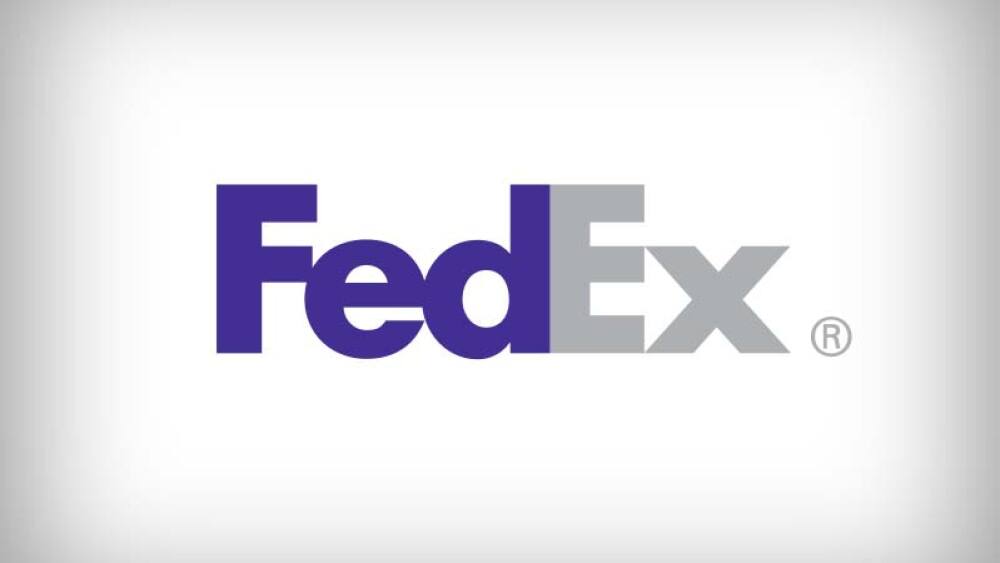According to a new report by the Atlantic Council conducted in both the United States and the European Union, small and medium businesses based in both America and Europe would benefit from passage of the Transatlantic Trade & Investment Partnership (TTIP.) In survey research and interviews conducted with SMEs on both sides of the Atlantic, the study** cites three core challenges for SMEs: lack of clarity on how to get started, problems finding the right clients, and what the report calls a “confusing mix of regulatory differences and contradictory registration requirements.”
“As two highly-regulated, highly-competitive, and highly-integrated markets, it only makes sense the United States and European Union endeavor to remove some of the unnecessary barriers that still exist between them,” said Garrett Workman, author of the study, commissioned by FedEx.
To address modern e-commerce trade issues, the TTIP agreement, now in negotiation, will for the first time include a chapter on SMEs and specific recommendations and reforms in customs and regulatory coherence to help SMEs based in the US and the 28-member EU countries increase exports between the two largest economies in the world.
”With the tremendous increase in online shipping, it is critically important to our small and medium-sized business customers in America and Europe that we streamline rules, cut red tape, lower tariffs and harmonize regulations to make transatlantic trade simpler, cheaper and more seamless.” said Raj Subramaniam, executive vice president, FedEx. “The goal of TTIP is to create a mutually beneficial agreement that will open up more economic growth and opportunities on both sides of the Atlantic.”
The study also provides key policy recommendations, including:
- Eliminate transatlantic tariffs
- Raise duty-free threshold for shipping to $800
- Simplify product testing and safety certification processes
- Recognize equivalent standards
- Make regulatory process more transparent
In addition, the report says demystifying the export process by providing better shared resource information and an integrated, regularly-updated website of available services across the US and EU markets will enable more SMEs to become active exporters.
While TTIP can make a real difference in ‘jumpstarting” the transatlantic economy, the effect of a successful TTIP agreement goes beyond the US-EU trade relationship, say the author.. It sends “a strong message to international partners that open markets paired with efficient regulatory regimes backed by the rule of law remain the world’s most effective economic model. “
* “The Transatlantic Trade and Investment Partnership: Big Opportunities for Small Business” by Garrett Workman, Global Business & Economics Program, Atlantic Council.
US-EU trade is over $2 billion every day. What’s holding us back from more? Read Raj Views.
About FedEx
FedEx Corp. (NYSE: FDX) provides customers and businesses worldwide with a broad portfolio of transportation, e-commerce and business services. With annual revenues of $46 billion, the company offers integrated business applications through operating companies competing collectively and managed collaboratively, under the respected FedEx brand. Consistently ranked among the world’s most admired and trusted employers, FedEx inspires its more than 300,000 team members to remain “absolutely, positively” focused on safety, the highest ethical and professional standards and the needs of their customers and communities. For more information, visit newsroom.fedex.com/newsroom.
About the Atlantic Council
The Atlantic Council’s Global Business and Economics Program works to strengthen the already deep economic integration between Europe and the United States as well as promote transatlantic leadership in the global economy. Bringing together top business leaders, government policy makers, and economic experts, the program explores transatlantic and global issues of importance to the US and European business community. Our aim is to identify areas for cooperation as well as convergence in policy in an effort to promote an open and mutually beneficial environment for transatlantic business and trade.
